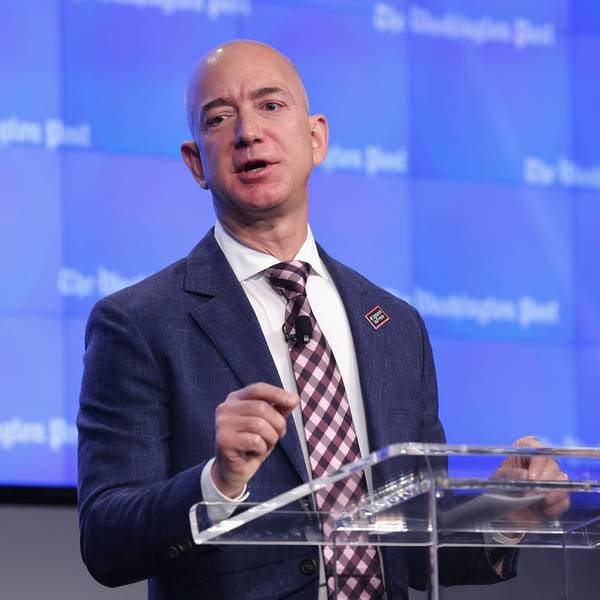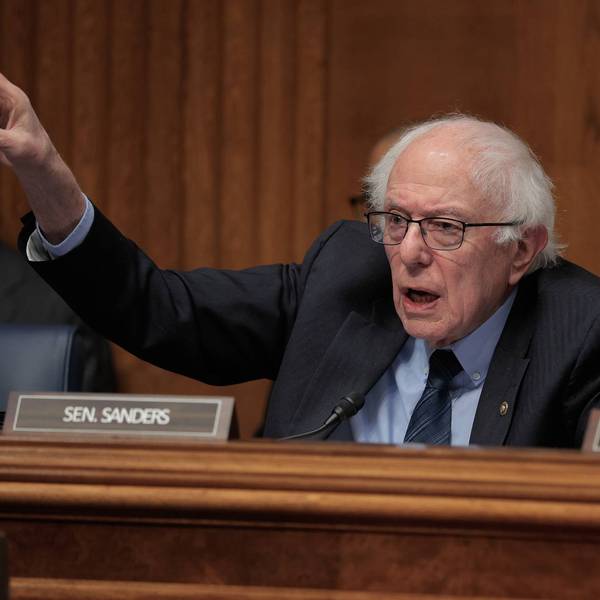The Huffington Post, the ground-breaking online news and opinion site founded by Arianna Huffington on a shoestring budget, is to be bought for $315m by AOL in a move sure to stun new media sceptics and believers alike.
Huffington and Tim Armstrong, the chairman and chief executive of AOL, have dubbed the takeover an equation of "1+1 equals 11", but others with longer memories of AOL's previous struggles - including its founder, Steve Case - were less enthusiastic when the news first broke late on Sunday in the US.
With the sale of the website that only began life in 2005 for $300m in cash and $15m in shares, the creation of a new media giant will send shockwaves through established news groups still struggling to understand the uncharted territory of online news.
In a statement released on Sunday night, AOL claimed that the new operation will have a combined base of 117m unique visitors a month in the US and 270m around the world.
The sale to AOL marks a personal triumph for Huffington, the colourful and controversial co-founder of the site that bore her name, who under the terms of the deal is given a new role as president and editor in chief of a unit to be named Huffington Post Media Group, and includes management of AOL's sprawling news operations and other media enterprises such as TechCrunch and MapQuest.
"This is the most exciting thing I have ever done," Huffington said after the deal was first announced.
"Together, our companies will embrace the digital future and become a digital destination that delivers unmatched experiences for both consumers and advertisers," said Armstrong.
It also represents a huge gamble by AOL, once a commanding presence as the US's dominant internet service provider in the initial dotcom boom of the 1990s, and the subject of a disastrous merger with Time-Warner in 2000 that was eventually unwound in 2009.
The New York Times reported on the sale:
The deal has the potential to create an enterprise that could reach more than 100m visitors in the United States each month. For the Huffington Post, which began as a liberal blog with a small staff but now draws some 25m visitors every month, the sale represents an opportunity to reach new audiences. For AOL, which has been looking for ways to bring in new revenue as its dial-up Internet access business declines, the millions of Huffington Post readers represent millions in potential advertising dollars.
Huffington and Armstrong went public with the deal at the Super Bowl in Dallas, in a video interview with the Wall Street Journal's technology journalist Kara Swisher.
In the interview Huffington described how the deal came together so rapidly: "Tim came out to LA in January, and we had lunch, and that's when we came up with the 1+1=11 concept."
"Ariana and her team fit a very specific need for us," Armstrong said.
The Huffington Post is privately owned by its two co-founders, Huffington and Kenneth Lerer, as well as investors. AOL's statement said the directors of each company and shareholders of the Huffington Post have already approved the transaction, which is expected to be completed by the middle of the year.
Originally a politics blog aimed at Democrats, the Huffington Post branched out into celebrity coverage and turned itself into one of the biggest pieces of real estate in online news media in the US, rapidly overtaking more established media organisations such as the Washington Post by deftly utilising the internet to exploit untapped markets.
Huffington has said that her site made a profit in 2010 for the first time. The New York Times reported that Huffington Post executives estimate that the site will generate $60m in revenue this year, compared with $31m in 2010.
Memories of the previous AOL-Time-Warner collaboration - hailed in 2000 as "the merger of the century" - proved too strong for some. AOL's co-founder Case, who negotiated the merger with Time-Warner in 2000, tweeted in the early hours of Monday morning: "AOL to Buy Huffington Post; Tim Armstrong says "1 + 1 will equal 11" Really? That wasn't my experience."



